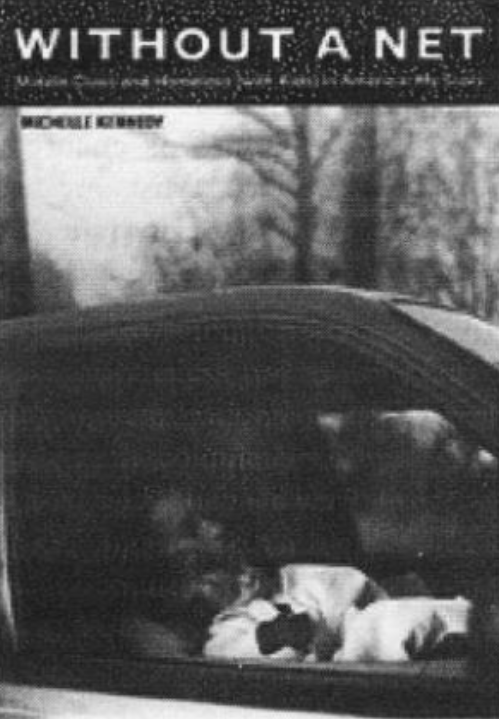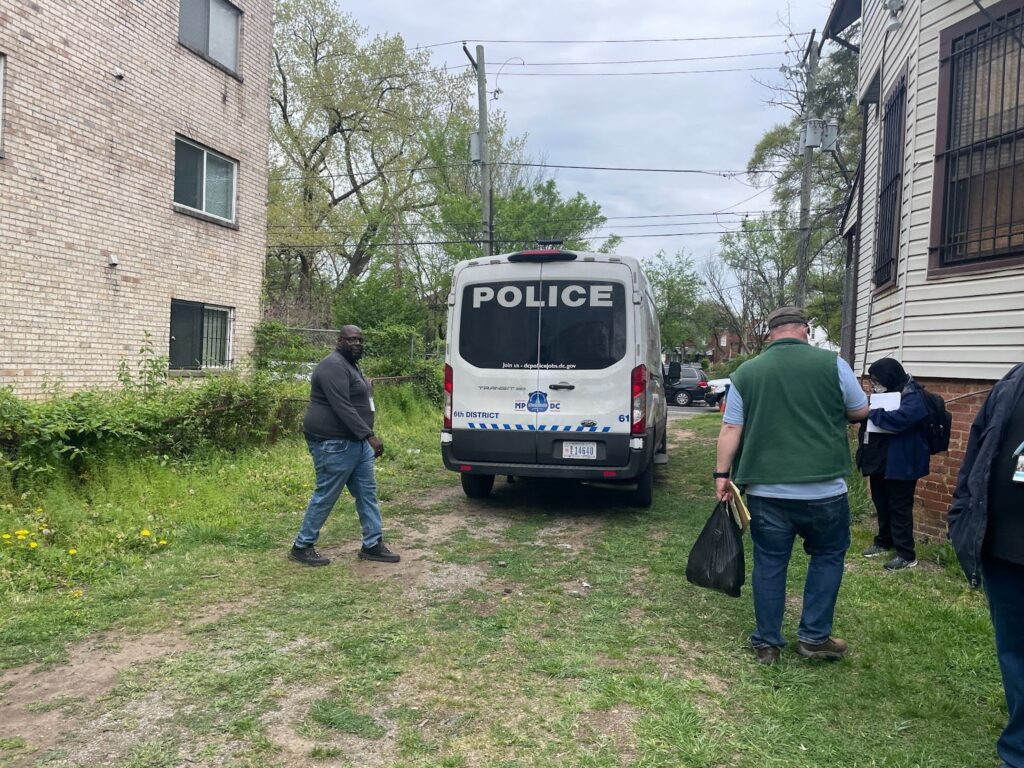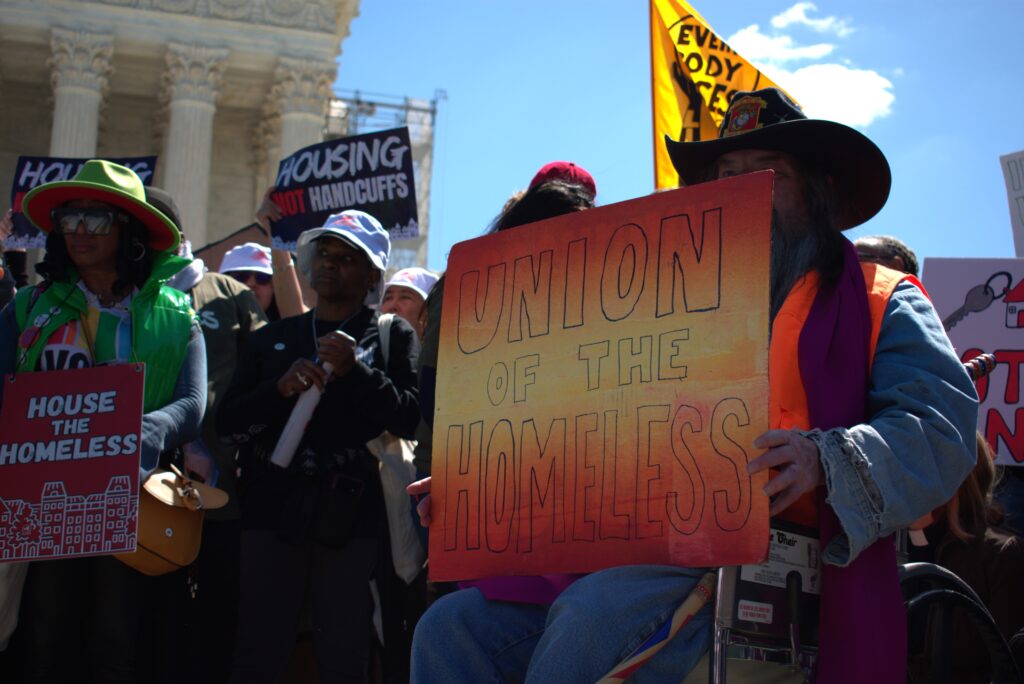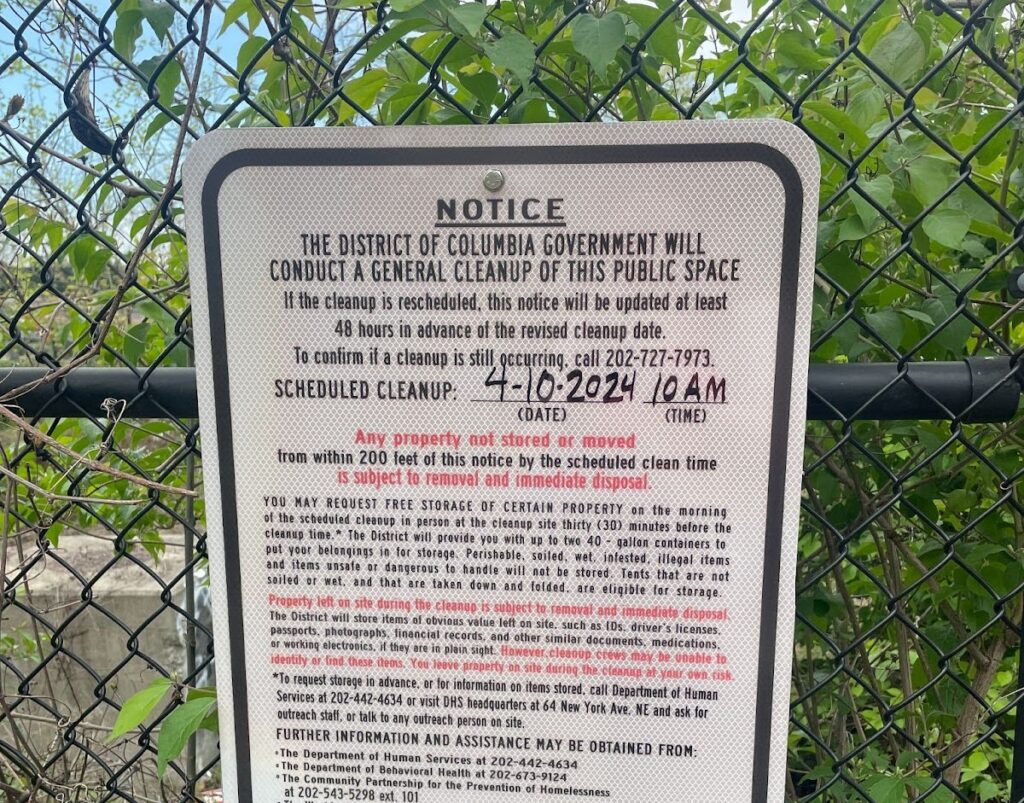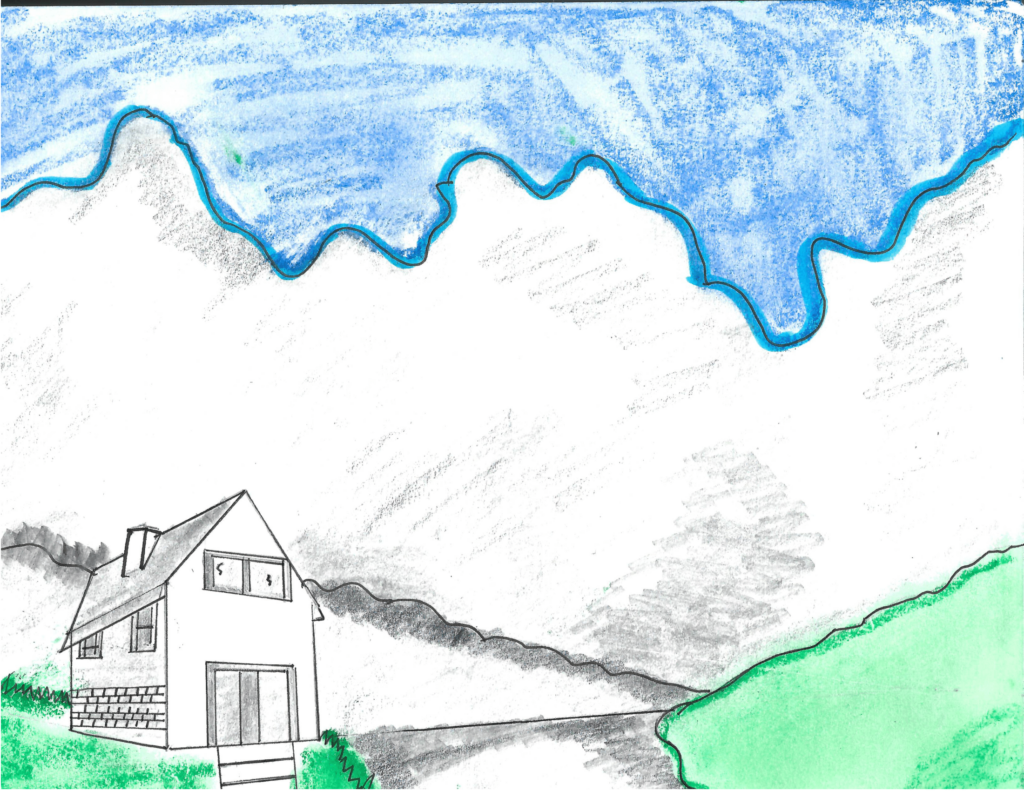For many, being homeless is hard to imagine, but with a little bad luck – and bad judgment – it can easily happen.
In “Without a Net,” Michelle Kennedy reminisces on her own experience with an honesty that makes the book both informative and a compelling read, especially to people who think it can’t happen to them.
The book explains how a woman with some college education, who is drug-free and married with children, could so quickly fall from a seemingly secure suburban life in Washington to the world of the homeless.
Kennedy’s journey into homelessness started shortly after marriage. By age 24, she had had three children. Soon after, her husband quit his job as a computer technician and, having been influenced by “Walden,” moved the family to a remote cabin in Maine. There, he made a living by logging, and she raised the children in an unheated shelter that had no electricity or running water. Kennedy and her children would take a child’s sled out to gather wood. Her relationship with her husband deteriorated, and she left the children in their old Subaru wagon.
Whatever “safety net” she had had with her husband was no gone. But by using considerable enterprise – and considerable fortitude – Kennedy made her way in her new world, and the book eloquently details her struggles. She and the children set up camp at a park, sleeping in the car. She searched for a job, cooked Ramen noodles over a fire, used public restrooms and showered at a truck stop. Gradually, Kennedy’s situation improved: she found a job in a restaurant and moved with her children to a commercial campground with clean restrooms and showers.
Kennedy was making her way in the world, but her pay was barely adequate to survive. She applied for food stamps but was told her income was too high for federal assistance. She and her children needed a home, but were unable to qualify as needy enough for rent assistance. She saved some money, but it was never quite enough for the security deposit and the first and last month’s rent.
The turning point in the book comes when finally, things begin to click: Kennedy finds a place to live, starts a steady office job, and falls in love.
Kennedy stops short with her writing, however, by not spending more time discussing the lack of an adequate government safety net and the existence of help from charitable groups. At what point was her income too much for food stamps and housing assistance? Kennedy alludes to the fact that she could not admit to living with children in the car because that might have led to Social Services taking custody of them. These matters should have been discussed.
As for the private groups that assist the needy, the ready cannot help but wonder why an intelligent and resourceful did not know about them and use them. In an epilogue, Kennedy writes: “There is so much help for people without homes or without food that it absolutely shocks me. I had no idea. I had no idea that if I just walked my agnostic self into a church, I could have received help. Almost any church.”
To her credit, she puts out some alarming facts, yet little is being done. For example, in 2000, the National Coalition for the Homeless found that 1.2 million children are homeless on any given night. And from other sources, Kennedy finds that almost 40% of the nation’s homeless are families; 85% of those are headed by homeless mothers; and homeless mothers have an average annual income of under $8,000, 63% of the poverty level for a family of three.
Although she is now part of the mainstream, Kennedy can’t forget where came from. She says there is something about being at the bottom that never quite leaves you.
“All of a sudden, even with a good job and great kids and a great husband – yes, I married him – you become acutely aware of that one paycheck with separates you from the apartment car. And I will never get over it. I will never forget what it was to drive home and be home at the same time. I will never forget the feeling of being absolutely alone, with three babies totally dependent on every move I made.”
